Political parties in the Federal Council and in Parliament
Switzerland’s political landscape comprises many different parties, of which none holds a majority at federal level: There is no majority or opposition party in the country. In the 2023–2027 legislature period, 10 political parties are represented in the National Council. 7 of those are also represented in the Council of States, 4 in the Federal Council.
Political parties help to form political opinion, nominate candidates for public office and launch initiatives and referendums. Parties differ from each another in their views on the role of the state, society and the economy.
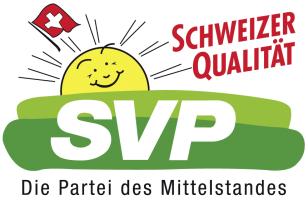
SVP - Swiss People's Party
Share of voters27.9%
Federal Council2
National Council62
Council of States6
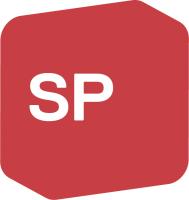
SP - Swiss Social Democratic Party
Share of voters18.3%
Federal Council2
National Council41
Council of States9
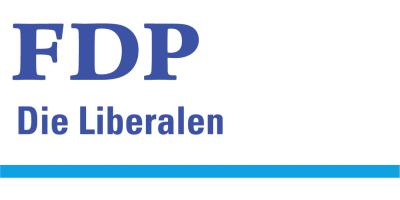
FDP - FDP.The Liberals
Share of voters14.3%
Federal Council2
National Council28
Council of States11
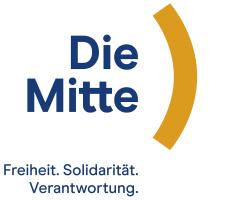
The Centre
Share of voters14.1%
Federal Council1
National Council29
Council of States15
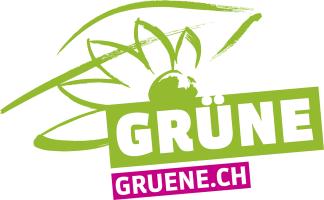
The GREENS Switzerland - The GREENS Switzerland
Share of voters9.8%
Federal Council0
National Council23
Council of States3
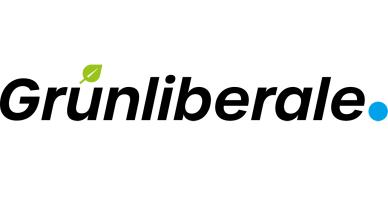
GLP - Swiss Green Liberal Party
Share of voters7.6%
Federal Council0
National Council10
Council of States1
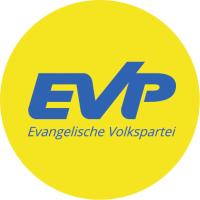
EVP - Swiss Evangelical People's Party
Share of voters2%
Federal Council0
National Council2
Council of States0
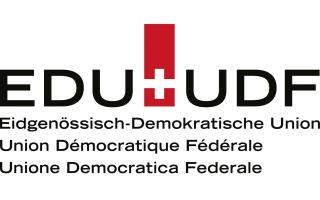
EDU - Federal Democratic Union
Share of voters1.2%
Federal Council0
National Council2
Council of States0
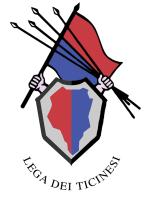
LdT - Lega dei Ticinesi
Share of voters0.6%
Federal Council0
National Council1
Council of States0
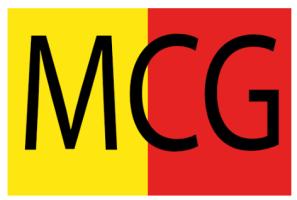
MCG - Mouvement Citoyens Genevois
Share of voters0.5%
Federal Council0
National Council2
Council of States1
Share of the vote at the 2023 parliamentary elections (‘party strength’).
Parties with similar political convictions come together in parliamentary groups.
Party presidents are not elected by the electorate, but by the members of the respective parties.